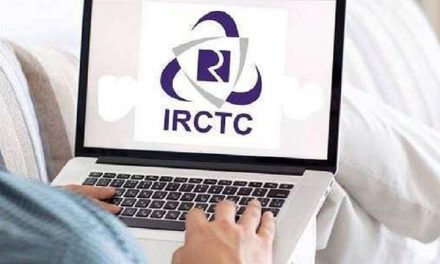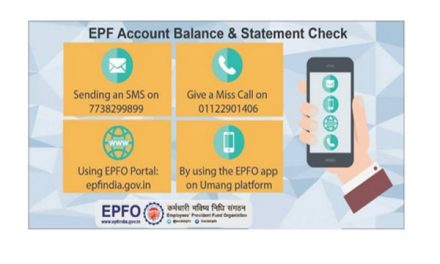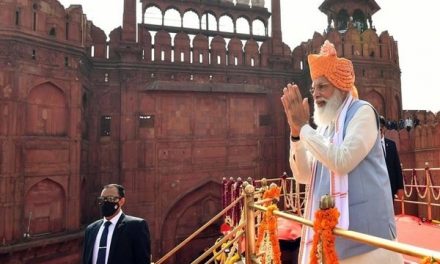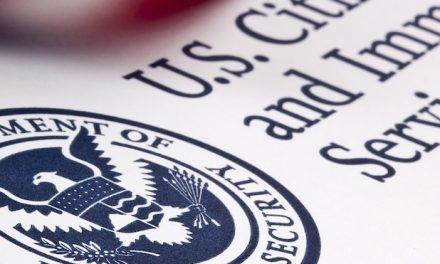The Central Government on Thursday released a set of new guidelines to regulate social media, online streaming, and digital content platforms as it plans to introduce a change in legislation to assert more control over powerful Big Tech companies.
The new rules to regulate digital content and establish what it called a “soft touch progressive institutional mechanism with level-playing field” featuring a Code of Ethics and a three-tier grievance redressal framework for news sites and OTT platforms.
Speaking on the new rules, Union IT Minister Ravi Shankar Prasad said that the rules will empower users of social media.
“We have not framed any new law. We have framed these rules under the existing IT Act,” MeITY minister Ravi Shankar Prasad during a press conference announcing these rules. “We are trusting the platforms to follow these regulations,” he said. “The focus of this guideline is on self-regulation.”
Guidelines for Social Media Platforms
A Grievance redressal mechanism should be developed and there should be a Grievance Redressal Officer
Should be registered within 24 hours and disposed in 15 days: Union Minister @rsprasad#ResponsibleFreedom #OTTGuideline pic.twitter.com/8A0DQycQqe
— PIB India (@PIB_India) February 25, 2021
The Rules will come in effect from the date of their publication in the gazette, except for the additional due diligence for significant social media intermediaries, which shall come in effect three months after publication of these Rules.
10-point for new online news and social media
- Social media giants will be required to appoint India-based compliance officers. If they remove content, they will be required to inform users, give reasons for taking down their posts and hear them out.
- Social media sites have to disclose the “first originator” of any mischievous message. “Who began the mischief? You have to say,” said Mr. Prasad, adding that this would apply for spreading content for which the punishment is up to five years.
- The oversight mechanism will include a committee with representatives from the ministries of Defence, External Affairs, Home, I&B, Law, IT and Women, and Child Development. It will have “suo motu powers” to call hearings on complaints of violation of the Code of Ethics if it wants.
- The government will designate an officer of the rank of a Joint Secretary or above as the “Authorised Officer” who can direct blocking of content. If an appellate body believes that the content violates the law, it is empowered to send the content to a government-controlled committee for blocking orders to be issued.
- Self-classification for streaming services on content that is for 13-plus, 16-plus, or adults on the basis of age sex, violence, and nudity. A mechanism for ensuring children do not access content not approved for them.
- Digital news media will follow rules under the Press Council of India. New websites will have to be registered on the Information and Broadcasting Ministry site.
- The rules bar social media content that is defamatory, obscene, libelous, racist, harmful to minors, threatens the unity, integrity, defense, security, or sovereignty of India and its ties with other countries. Social media sites have to remove or disable offensive or illegal content within 36 hours of being notified or of a court order.
- Companies have to appoint a grievance officer to receive, acknowledge and resolve complaints within a month. Tech giants will also have to appoint grievance officers.
- An intermediary has to, within 24 hours of a complaint, remove or disable access to content that is illegal or offensive.
- A three-tier mechanism to enforce the Code of Ethics: self-regulation; self-regulation by the self-regulating bodies; government’s oversight mechanism.











